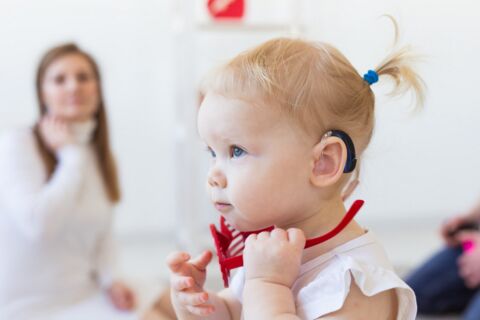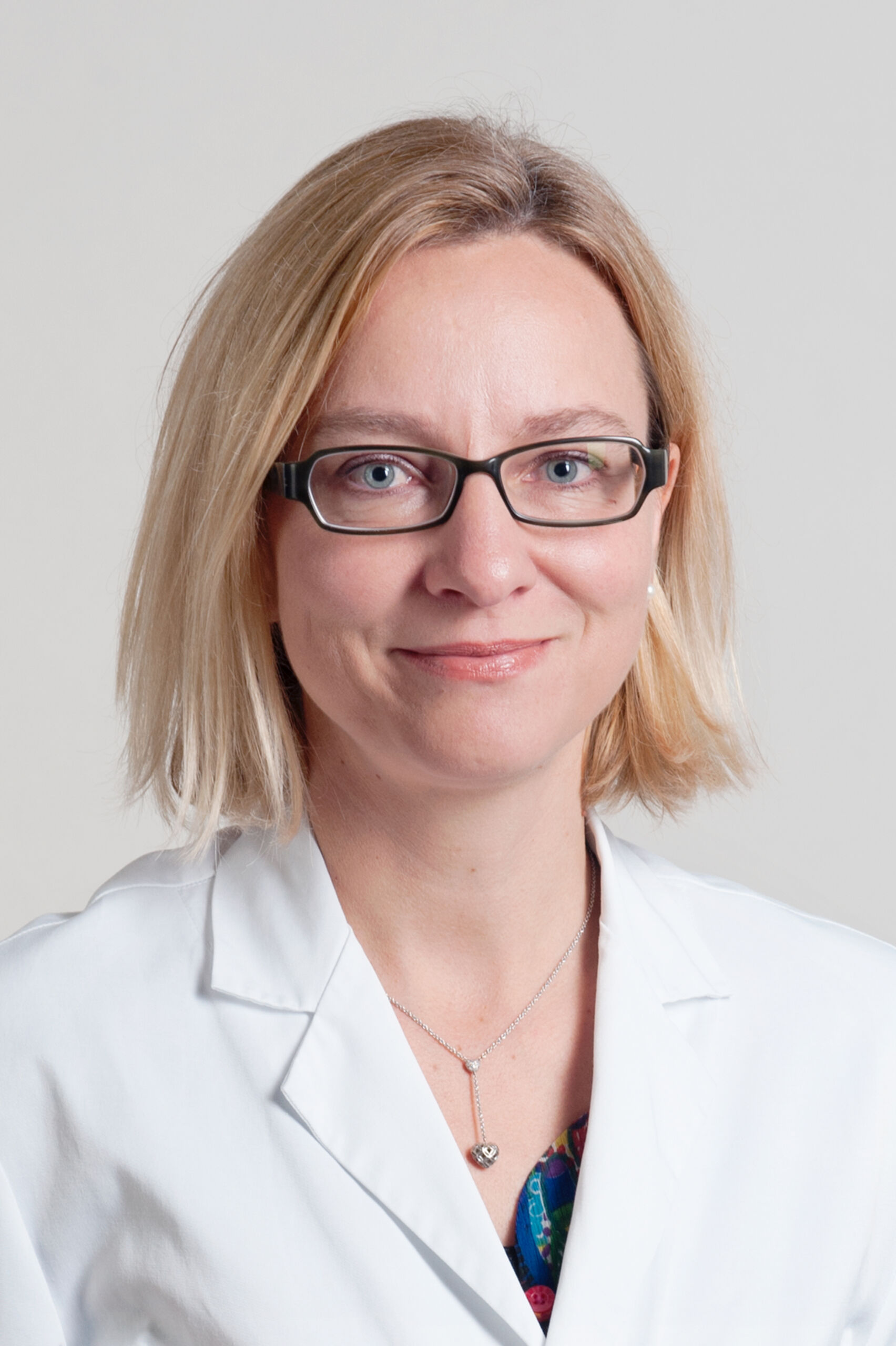
Trial on the treatment of malignant germ cell tumours
The Swiss Paediatric Oncology Group (SPOG) gives children and adolescents in Switzerland who have a malignant extracranial germ cell tumour access to this new trial which is being carried out in a number of countries. The aim of the “MAKEI V” trial is to maintain the good survival rate achieved with the current standard therapy and, at the same time, to reduce side effects by partially changing the medication. For example, to preserve hearing and prevent severe damage to the kidneys.
Germ cell tumours originate in early human development and can be malignant. Children, adolescents and young adults can contract them. Depending on the age at diagnosis, they vary considerably in terms of their primary location, exact diagnosis and response to treatment. The present trial focuses on those cases of malignant germ cell tumours that are located outside the skull.
With the introduction of chemotherapy combinations in the 1970s, the overall chance of survival in children improved dramatically. Cisplatin has therefore been the leading agent in the treatment of malignant germ cell tumours for decades. However, the drug is associated with potentially severe and long-lasting side effects, which can have a significant negative impact on the quality of life after cancer, especially for young patients.
The drug carboplatin is thought to be as effective as cisplatin. However, this has not yet been studied and proven in the treatment of children with malignant germ cell tumours in a direct comparison. By comparing cisplatin and carboplatin, the “MAKEI V” trial will now test whether the use of carboplatin can achieve equally good survival rates with fewer side effects compared to the therapy to date with cisplatin.

Quote from Sabine Kroiss, CL, MD, trial lead and senior physician at the University Children’s Hospital Zurich:
“With the help of this trial, we hope to be able to improve the treatment of children and adolescents with malignant germ cell tumours in the future and to reduce the risk of hearing and kidney damage.”